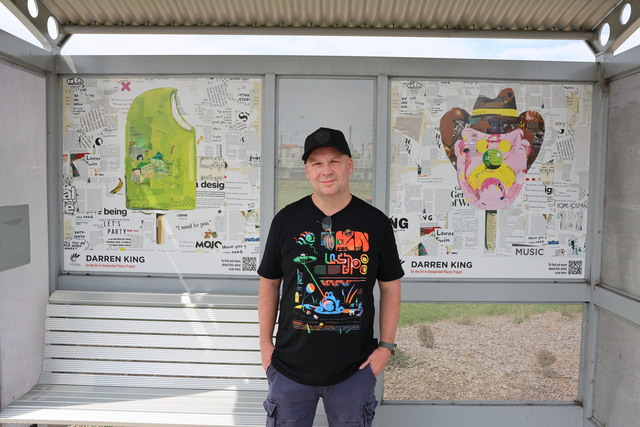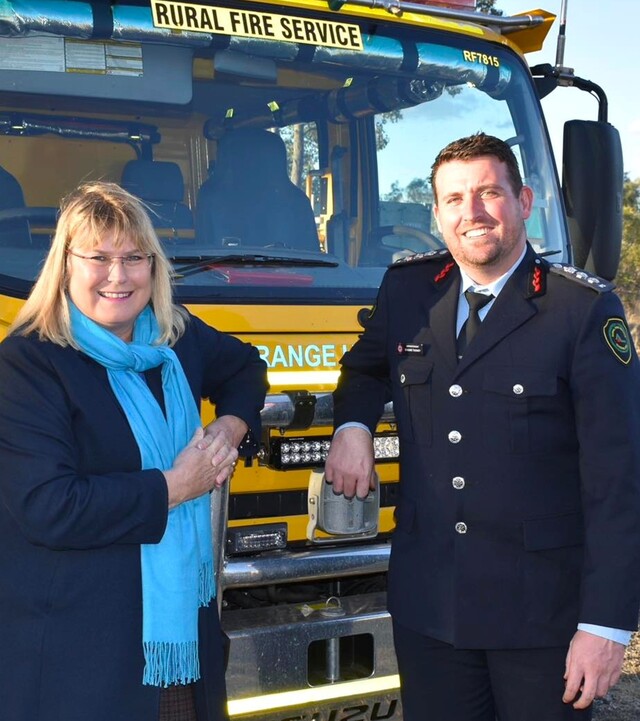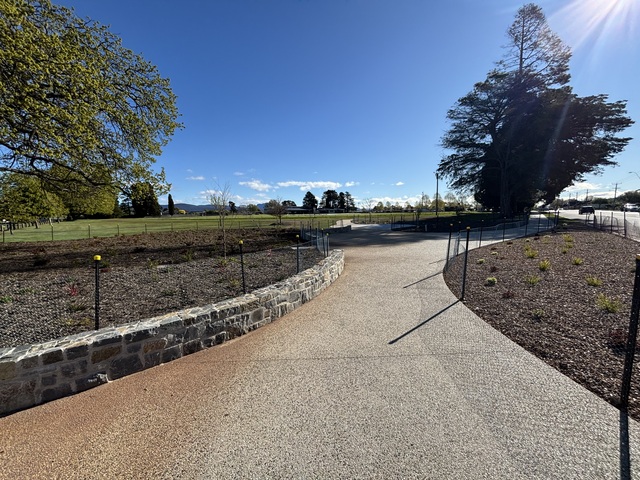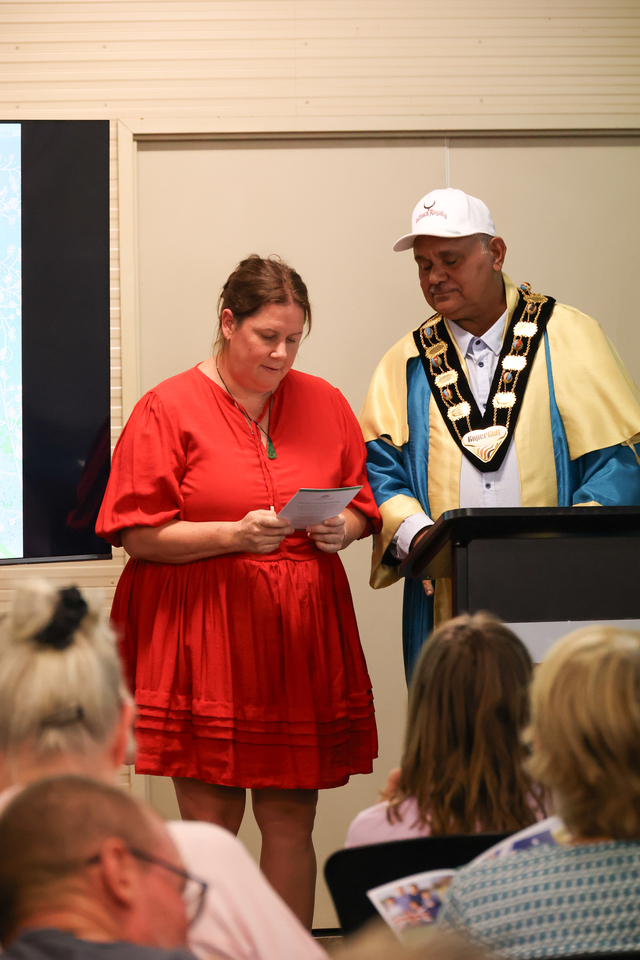With the not unexpected return to extended hot and dry conditions across the southeast, many councils have put water security high on the agenda for 2013 and beyond.
Last November, the City of Canada Bay endorsed a $3.7 million water harvesting project that aims to save the community around 188 million litres of water per year.
Canada Bay Mayor, Councillor Angelo Tsirekas said the project was one of the biggest water harvesting projects ever undertaken in metropolitan Sydney. The project has been funded with a $1.89 million grant from the Australian Government’s ‘Water for the Future’ initiative, Council funding, and contributions from the NSW State Government’s Office of Environment and Heritage.
“The project will provide an alternative water supply for irrigation on the community’s 220 hectares of open space via a harvesting system that will reuse up to 188 million litres of water per year, reducing the reliance on potable water,” said Councillor Tsirekas.
The treated stormwater will be used to irrigate community and Council facilities that attract residents and visitors for sporting and recreational activities.
“Community use of recreational facilities is expected to grow by 19 percent over the next 30 years and with our expected population growth, providing usable open space will be as important as ever,” Councillor Tsirekas said.
“Our facilities are used by more than 350,000 people per year and during dry periods, particularly during times of water restrictions, they cannot be maintained to an optimum condition. This project offers an excellent solution for this issue and provides long-term water security for our community.”
Banyule harvests a greener future
Banyule City Council’s $6 million ‘Stormwater Harvesting Project’ — one of Melbourne’s largest — will capture, filter and store stormwater underground to irrigate parks and sporting grounds.
The project is due to start soon at sites throughout the City and is expected to be completed mid-2013, it will bring about a range of community, economic and environmental benefits.
While it is well recognised that sport, recreation and open spaces are important for community health and wellbeing, 80 percent of Council’s potable water use is dedicated to keeping these spaces green.
During times of drought, water restrictions significantly impact on people’s enjoyment of these spaces and can force the closure of sports fields used by local clubs.
Banyule City Council Mayor, Wayne Phillips noted that another important benefit of the project reduces pollution — including litter, sediment, nitrogen and phosphorous — that is carried by stormwater into waterways, thereby improving habitats for local wildlife.
“This innovative project provides a sustainable water supply to help Banyule’s parks and ovals stay green, as well as significantly reducing pollution in our waterways and reducing our water bills.” he said.
“Council will work with schools and the community to educate them about these benefits,” the Mayor said.
The Banyule ‘Stormwater Harvesting Project’ is a unique partnership between Banyule City Council, State Government and Ivanhoe Grammar School, which uses and maintains Chelsworth Park.
Australian Government funding is provided by the ‘Water for the Future’ initiative through the National Urban Water and Desalination Plan. The Victorian Government has provided funding and Melbourne Water has provided funding through the ‘Living Rivers Stormwater Program’.







